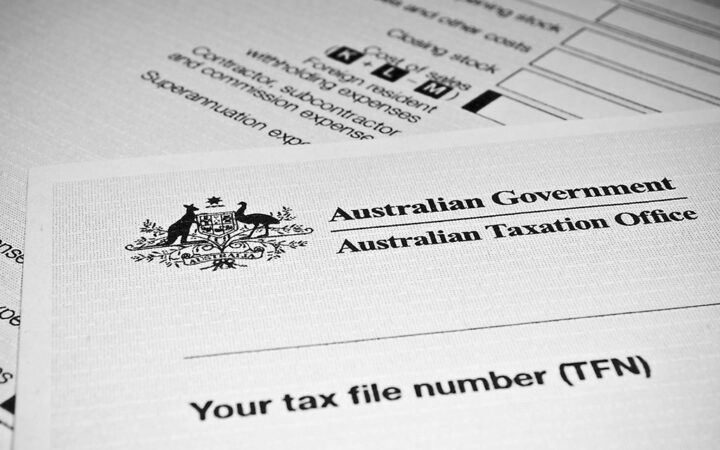
Darya is a crypto enthusiast who strongly believes in the future of blockchain. Being a hospitality professional, she is interested in finding the ways blockchain can change different industries and bring our life to a different level.
At present, the standard capital gains tax in Portugal for residents totals 28%, while personal income tax ranges from 14.5% to 48%. The corporate income tax is a flat rate of 21%, but there are also local and state surtaxes.

It seems that Portugal is ending its era of being crypto heaven as its government is considering bringing crypto gains tax. According to the Portuguese Minister of Finance Fernando Medina, Portugal will follow other countries in providing proper crypto regulation.
Fernando Medina said:
“Many countries already have systems, many countries are building their models in relation to this subject and we will build our own. Right now, I don’t want to make a commitment regarding a date, but we’re going to adapt our legislation and our taxation.”
“It is an area in which there is a lot more knowledge and a lot more progress, so that Portugal can drink from international experiences,” added he.
Currently, Portugal considers crypto not as an asset but as a currency, which means that while businesses that provide cryptocurrency services are subject to taxation, individuals investing in them are not. As a result of an effective capital gains rate of zero, Portugal was considered crypto heaven. Meanwhile, Portuguese capital Lisbon has become a global crypto hub.
Susana Duarte, an associated partner at Abreu Advogados law firm in Lisbon, commented:
“There is no specific law, it is just a lack of regulation that led to the zero taxation in Portugal. This together with an understanding published by the Portuguese tax authority in 2016 meant that only crypto-related businesses can be taxed.”
At present, the standard capital gains tax in Portugal for residents totals 28%, while personal income tax ranges from 14.5% to 48%. The corporate income tax is a flat rate of 21%, but there are also local and state surtaxes. According to Medina, when finalizing the approach to crypto taxation, the authorities will follow principles of “tax justice” and “effectiveness”.
Portugal has been just one of crypto tax-free countries where those interested in saving their crypto assets could move. They include Germany, The Cayman Islands, El Salvador, Malaysia, Malta, Switzerland, Puerto Rico, Belarus, and Singapore.
For example, Germany is one of the highest-taxed countries in Europe, but when it comes to crypto, it has a very interesting approach. Germany does not consider cryptocurrency as a capital asset. This means that if you decide to hold your cryptocurrency for over a year and sell it later on, you’ll not be taxed a single cent. Besides, the income tax does not apply when redeeming utility tokens, which are the crypto assets that entitle to a certain right, such as getting access to a network or receiving a specific product.
Another example is El Salvador that made worldwide news in September 2021 by becoming the first nation to accept Bitcoin (BTC) as a legal tender. As a result, citizens can buy everything from groceries to a house using Bitcoin.
Disclaimer: Coinspeaker is committed to providing unbiased and transparent reporting. This article aims to deliver accurate and timely information but should not be taken as financial or investment advice. Since market conditions can change rapidly, we encourage you to verify information on your own and consult with a professional before making any decisions based on this content.

Darya is a crypto enthusiast who strongly believes in the future of blockchain. Being a hospitality professional, she is interested in finding the ways blockchain can change different industries and bring our life to a different level.




